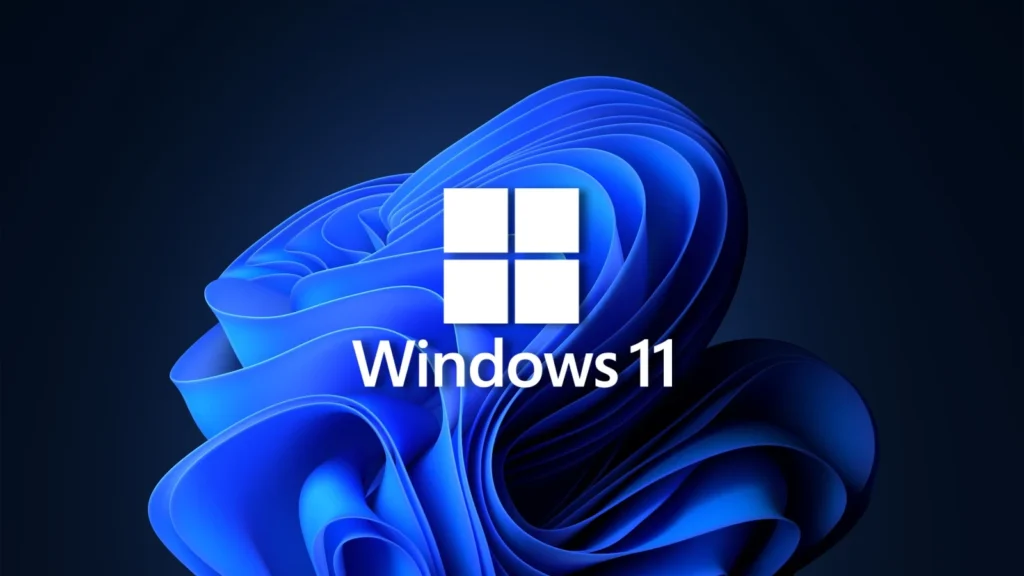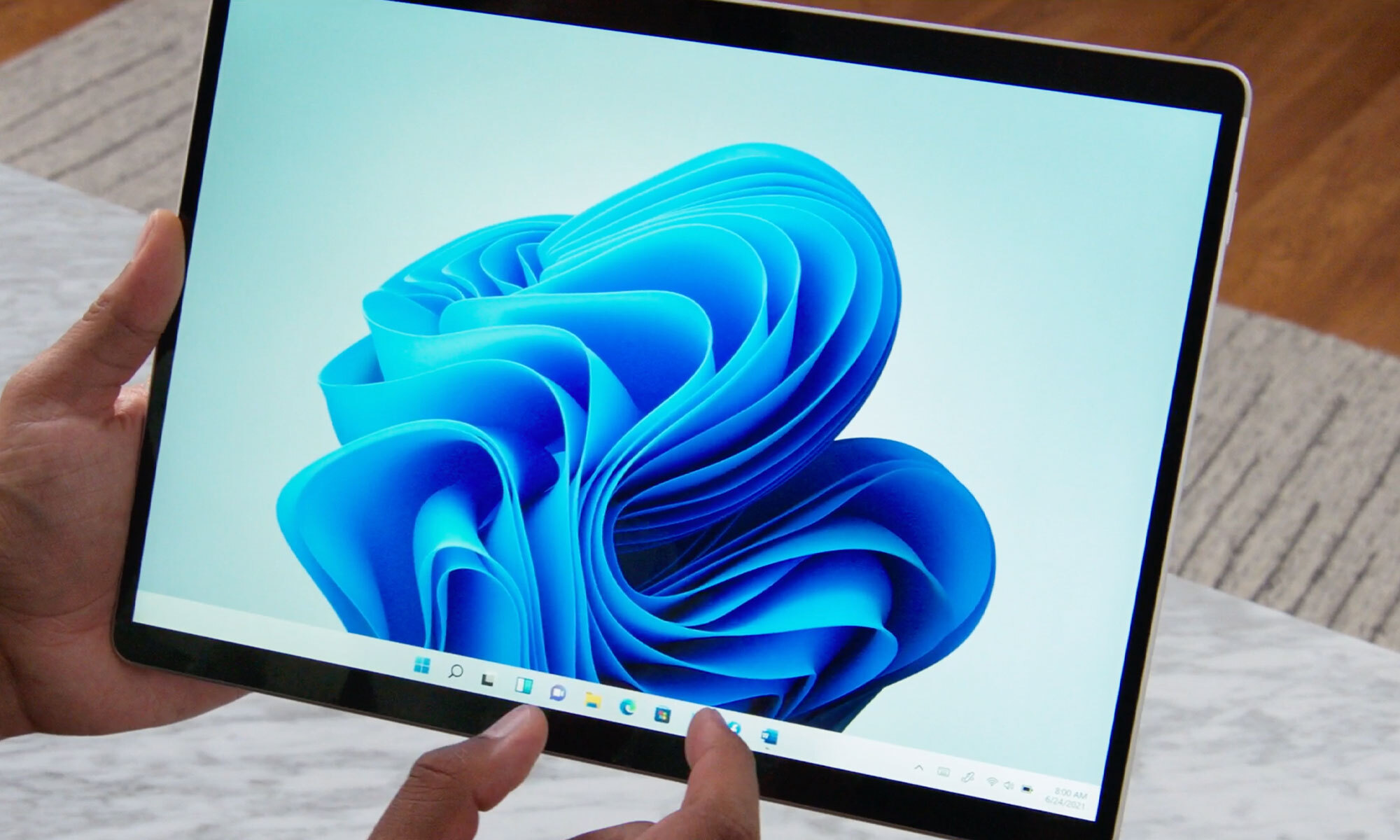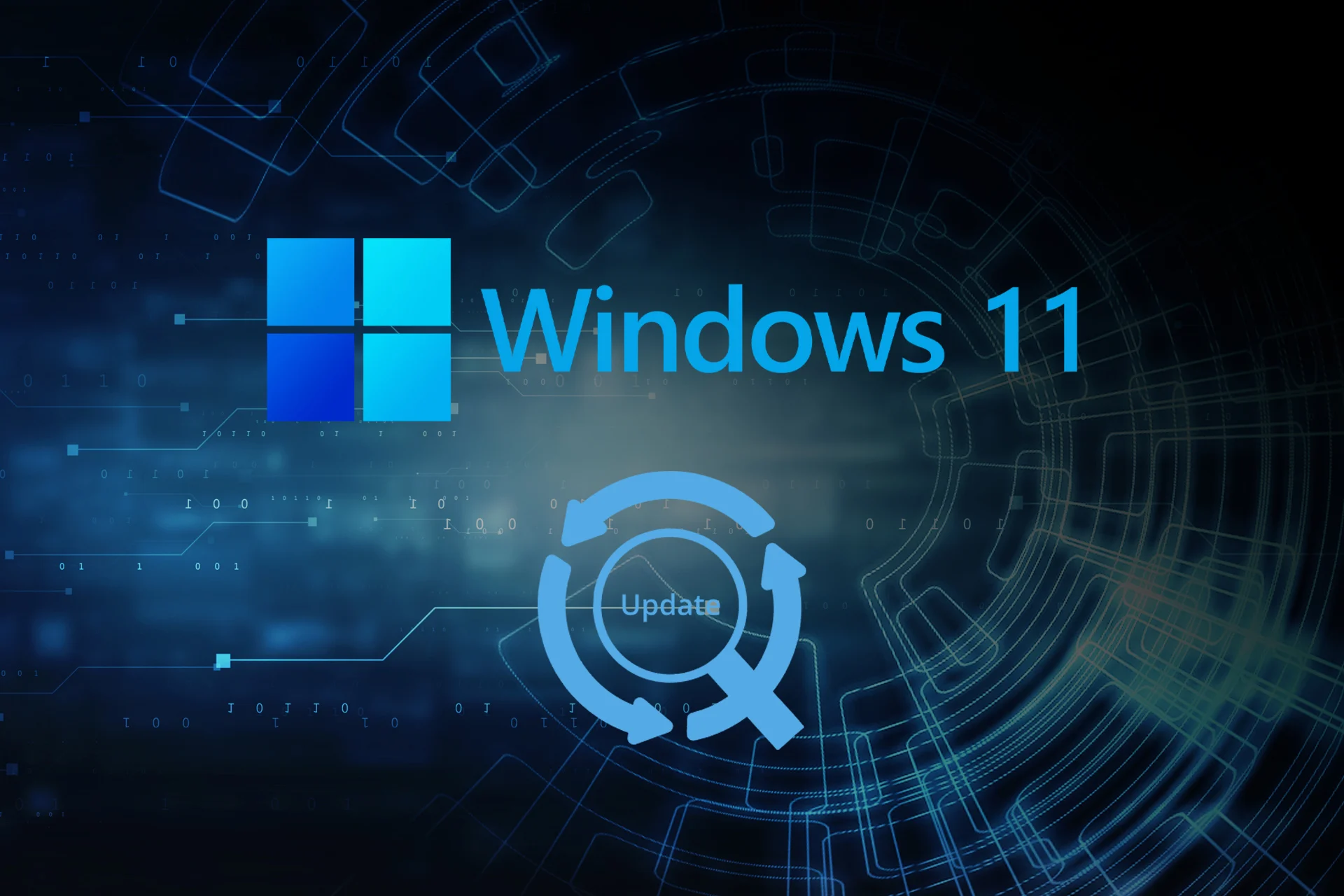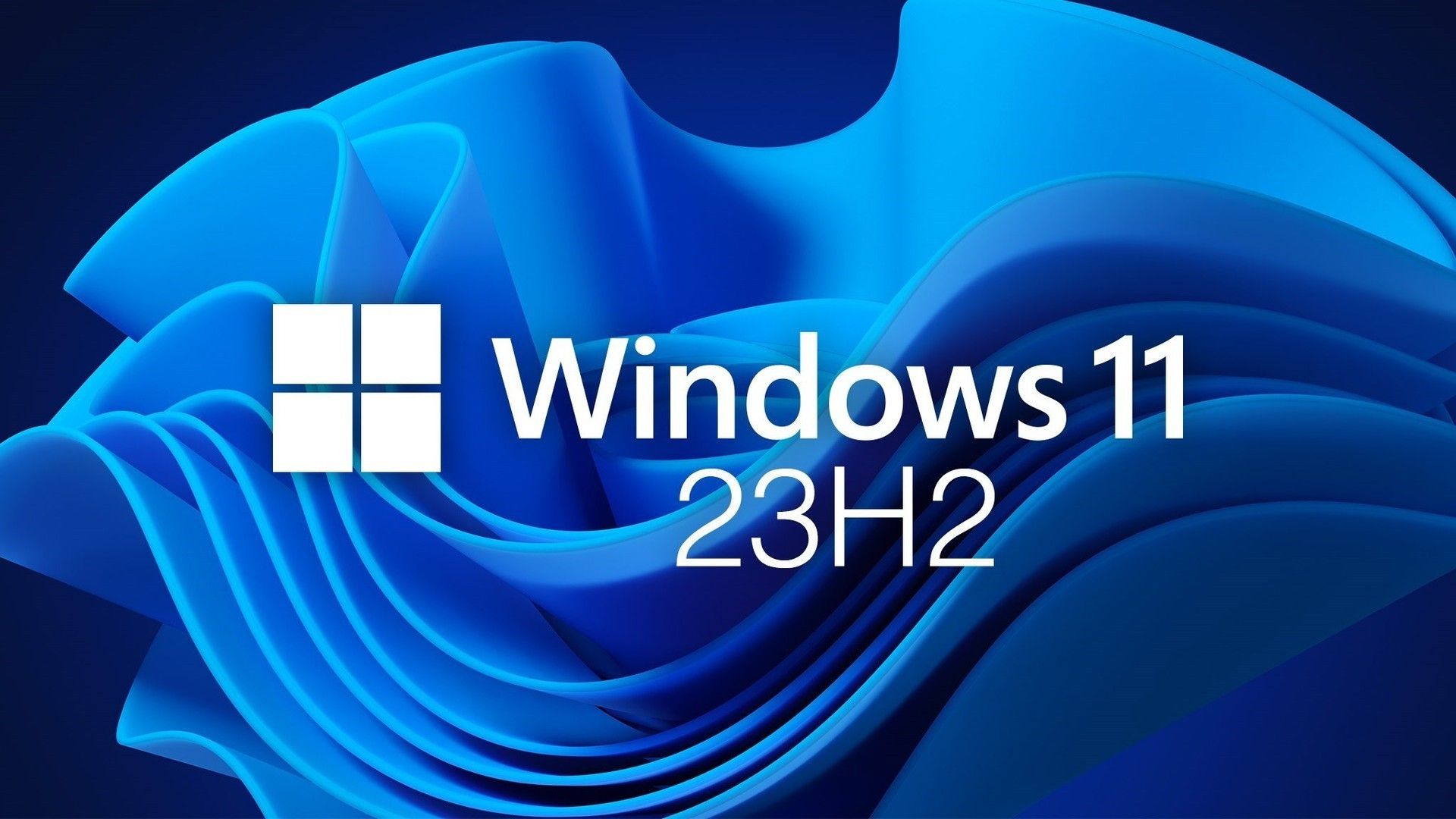
Most updates from big tech companies come with their share of minor bugs and fixes, often causing frustration among users. However, the Windows 11 March 2025 update brought a different kind of surprise—one that many users might find pleasing. According to reports from Windows Latest, the latest update has unintentionally removed the Microsoft Copilot application from some systems.

The Accidental Removal of Microsoft Copilot
Microsoft’s recent update seems to have accidentally uninstalled the Microsoft Copilot app and unpinned it from the taskbar, affecting an unspecified number of users. This bug was silently added to the patch notes post-update, catching the attention of those who prefer a less intrusive operating system experience.
For those unfamiliar, Microsoft Copilot has been a staple in Windows systems, positioned as an AI assistant designed to enhance productivity across Microsoft apps and services. However, its pervasive presence has been met with mixed reviews, particularly among users who prefer a more streamlined, less cluttered desktop experience.
The Unintended User Empowerment
Ironically, this bug may be seen as a welcome change for users who felt overwhelmed by the omnipresent AI assistant. With Copilot being automatically removed, users now have the option to reinstall and repin the app only if they choose to, rather than having it imposed upon them as a default feature. This shift represents a move towards more user-controlled customization of their operating system, an approach that has been requested for years.

Microsoft’s Response and Workaround
Microsoft has acknowledged the issue and is currently working on a resolution. In the meantime, users who wish to continue using Copilot can reinstall the app from the Microsoft Store and manually pin it back to their taskbar. This temporary fix offers an interim solution while Microsoft prepares a more permanent update.
Broader Implications for Microsoft’s AI Strategy
This bug arrives amid Microsoft’s aggressive push to integrate Copilot more deeply into its suite of products. Recently, the company rebranded Microsoft 365 to “Microsoft 365 Copilot,” replacing traditional Office icons with new Copilot logos—a move that has not been universally well-received.
Critics argue that Microsoft’s strategy seems to prioritize commercial gains over user experience, with plans to incorporate advertisements directly within the AI assistant, mimicking a brick-and-mortar shopping experience. This approach has raised concerns about the potential for intrusive advertising and the erosion of a clean user interface.

User Feedback and Future Outlook
The reaction to this bug has been surprisingly positive, with many users expressing relief at the accidental empowerment to choose whether or not to use Copilot. As Microsoft continues to develop its AI offerings, the feedback from this incident may prompt a reassessment of how such features are integrated into everyday computing environments.
While Microsoft is likely to fix this bug swiftly, the incident highlights a growing demand for greater control and customization of software by users. It serves as a reminder to all tech companies that user experience should be at the forefront of new developments, especially when they alter the fundamental interactions users have with their software.
